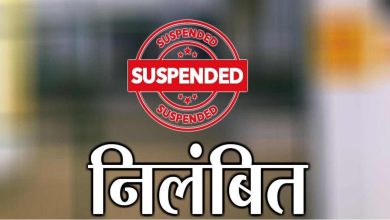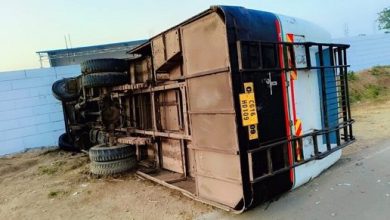Exploitation Unveiled: Vedanta Workers Denied Basic Rights in Chhattisgarh

Korba, 8 july – In the relentless pursuit of economic growth and business facilitation, the fundamental rights of workers are often neglected. A recent investigation into the practices of multinational corporation Vedanta, operating in the home district of Chhattisgarh’s Industry and Labor Minister, has revealed severe exploitation of workers. These employees, who perform essential maintenance tasks in Balco Township, are being deprived of basic rights and facilities, raising serious concerns about labor practices and human rights violations.
Workers employed for daily maintenance tasks such as cleaning, civil/electrical work, garbage disposal, water management, and sewer cleaning have been hired through contractors. Many of these workers have been employed for periods ranging from 3 to 10 years. Contractor A.K. Sinha has been managing these workers for the past three years under Vedanta’s supervision. Shockingly, deductions for provident fund contributions were made from workers’ wages but were not deposited into their accounts. Furthermore, these workers are deprived of ESI benefits, bonuses, leave encashment, and safety equipment. There are no restrooms or canteen facilities available for them, and they face discrimination as they are not issued gate passes like other employees.
Complaints made through their union, Balco Employees Union (BMS), to the district labor department, provident fund commissioner, and district public grievance officer have yielded no response. After a protest in January, contractors began issuing attendance cards, pay slips, and safety shoes, but past dues, provident fund contributions, bonuses, leave encashment, gate passes, canteen facilities, and restrooms remain unaddressed. Vedanta management reportedly refuses to provide these. Sewer workers disclosed that they are forced to enter manholes without essential safety gear, including oxygen supplies.
According to international standards like ILO Convention 29, ratified by the Indian government, these actions qualify as forced labor. The blatant violation of human rights and the lack of action on complaints raise several critical questions: Is the district labor department prioritizing Ease of Doing Business policies at the expense of workers’ rights? Is the Labor Minister aware of the collusion between departmental officials and business owners leading to workers’ rights violations? Is the provident fund department incapable of preventing these criminal acts? Can the worker representatives in the provident fund department put a stop to these actions? Was Vedanta management aware of the contractor’s actions, and as the principal employer, are they complicit? Will the human rights department take strict action?
This investigation uncovers a disturbing reality that persists even as India celebrates 75 years of independence. While the Ease of Doing Business policy has spurred economic growth, it cannot be implemented at the expense of workers’ rights and dignity. Policymakers must ensure a fair balance between encouraging business development and safeguarding the interests of the workforce. For India to truly progress, it is imperative that the rights of the workers—the very foundation of our economic structure—are protected and respected. Only then can we achieve a just and equitable society where economic advancements do not come at the cost of human dignity. By addressing these severe violations and holding those responsible accountable, we can pave the way for a future where every individual, irrespective of their position, enjoys the fruits of India’s economic growth.




